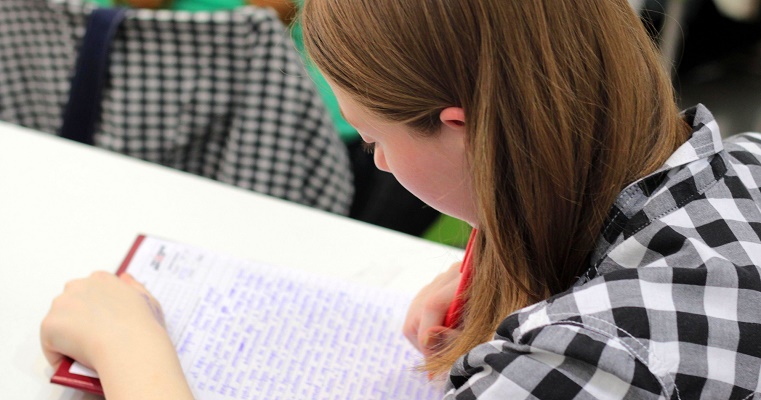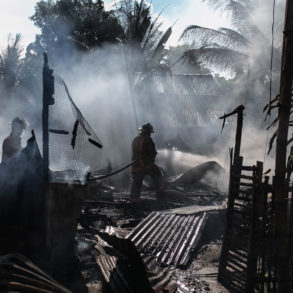The gymnasiums in Vyškov and Vídeňská street are part of the project. Photo: Pexels
Brno, Oct 26 (BD) – South Moravia will introduce an innovative educational system in schools starting from next year.
According to South Moravian region, in the initial phase one out of three gymnasiums will be participating in the alternative education project.
“We perceive public pressure that education should work differently, and children need to lead more towards skills, not just hard data. They should be able to co-operate, deal with information, be independent,” Jana Pejchalová (ANO) told iDnes.cz.
The new teaching system breaks with the traditional teaching system that turns to books, blackboards and workbooks. Instead, the new system proposes a more interactive learning experience through engagement in team projects and experiences.
“Modern ways of teaching are ideal to introduce to gymnasiums, that is to say, on campus where there is now more freedom. It would be good if the county could open a whole school of this type in time, ” opposition representative Jiří Hlavenka (SZ) told iDnes.cz.
To implement the project, teachers will receive special training to adapt to the new teaching reality and classes will have fewer students.
So far, out of 27 gymnasiums in the whole region, only two have confirmed they would take part of the project – schools in Vyškov and Vídeňská, in Brno.
In September 2019, both schools will have a computer and math class that applies the new educational system. Each class is estimated to cost up to 250,000 CZK.
The number of schools interested in the project is expected to increase as soon as the schools are provided with more details.
Around the world, there are many schools that have adopted similar educational systems. The benefits of alternative learning experience include:
- addressing children’s needs;
- smaller class sizes;
- more flexible schedules;
- children have more freedom to choose the classes they want to take;
- children have the chance to study a subject of particular interest;
- non-traditional teaching methods;
- different evaluation methods.








